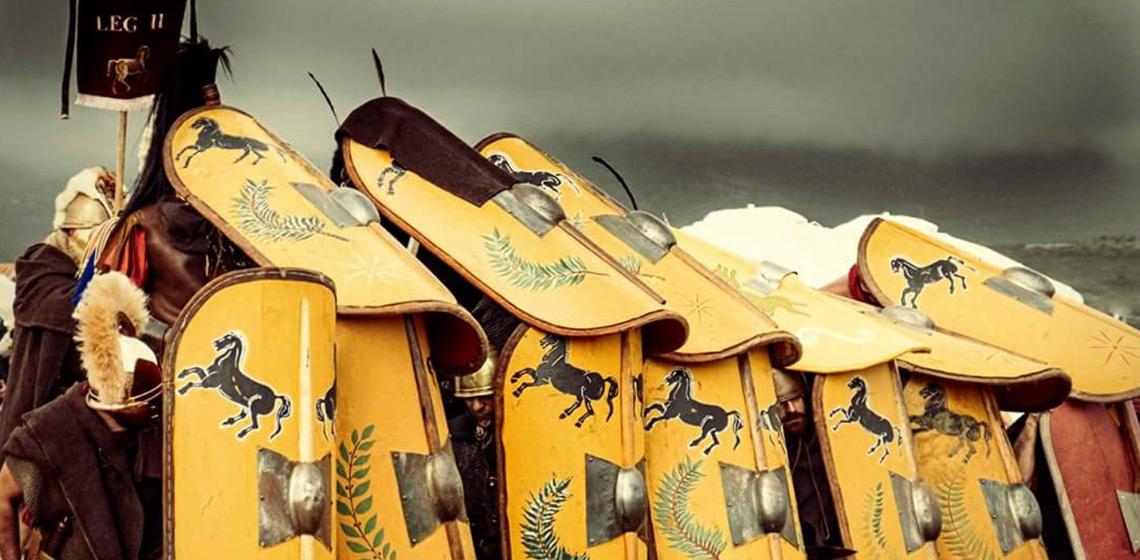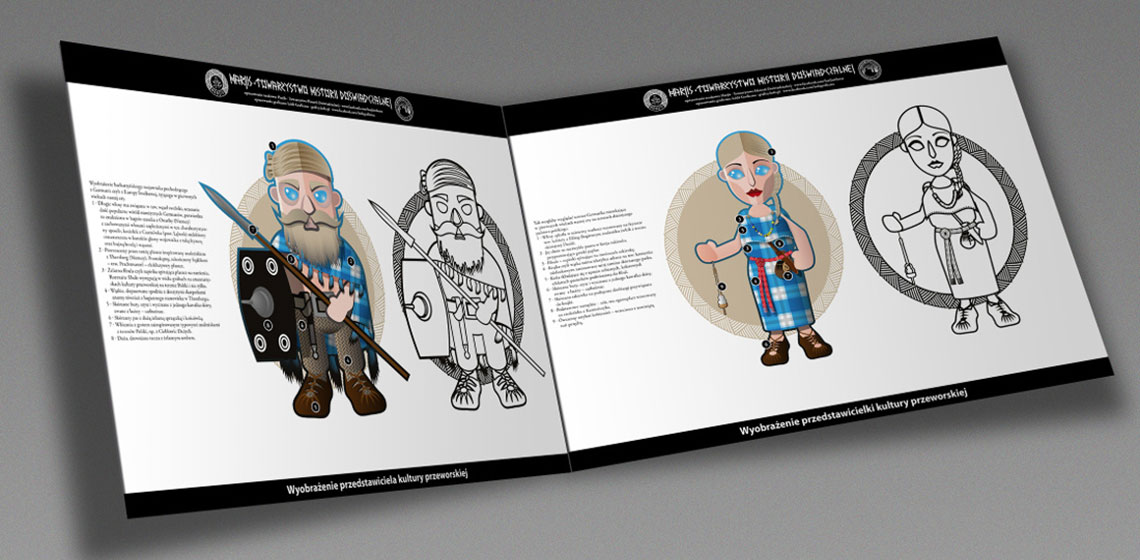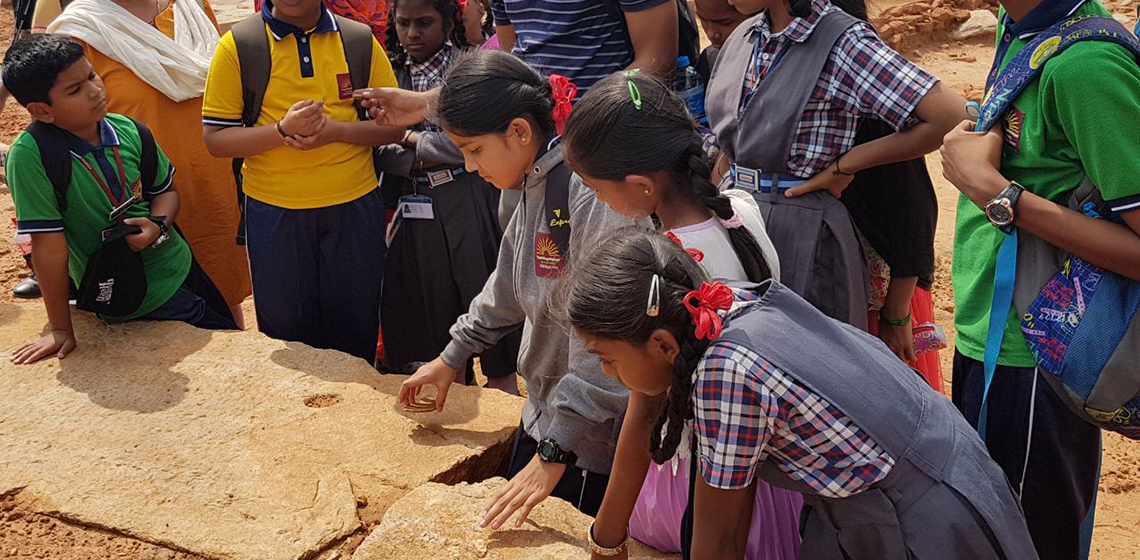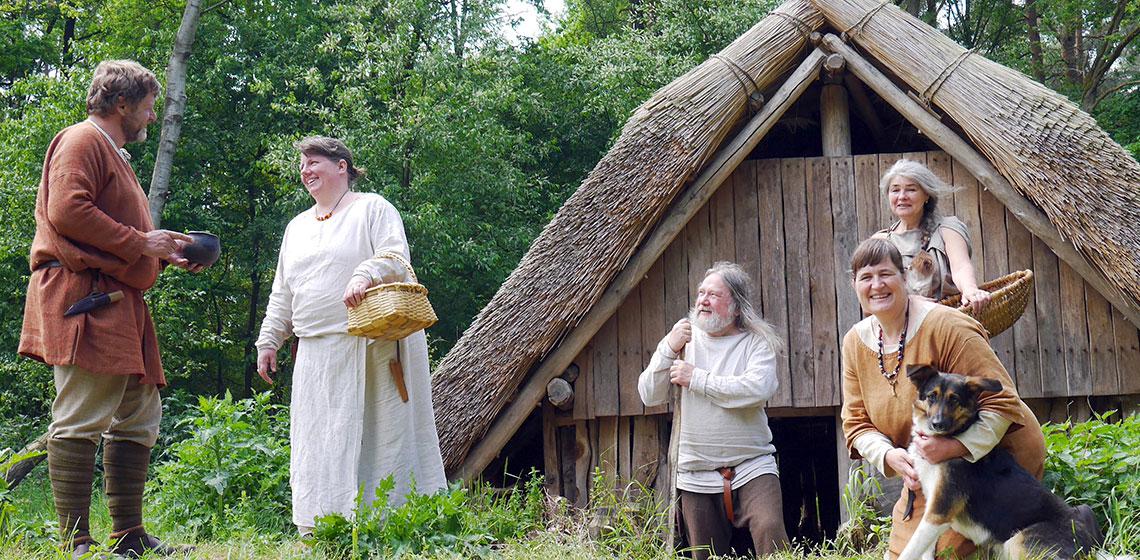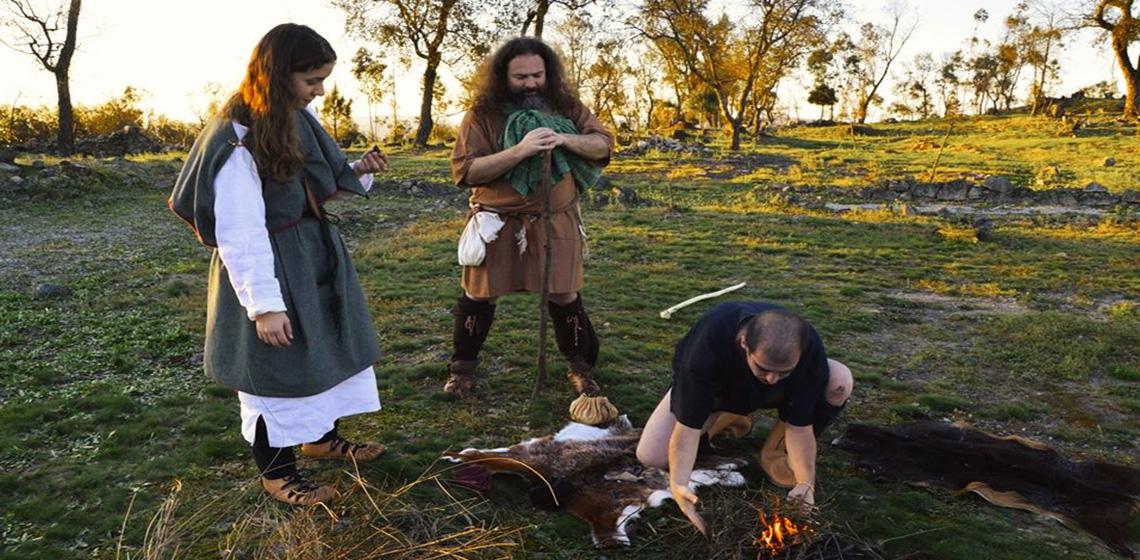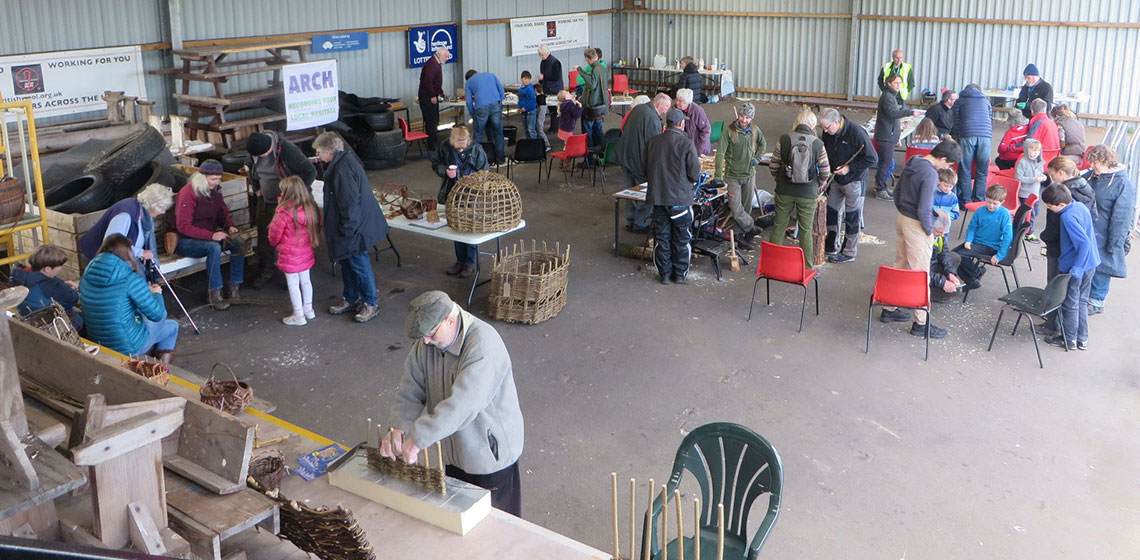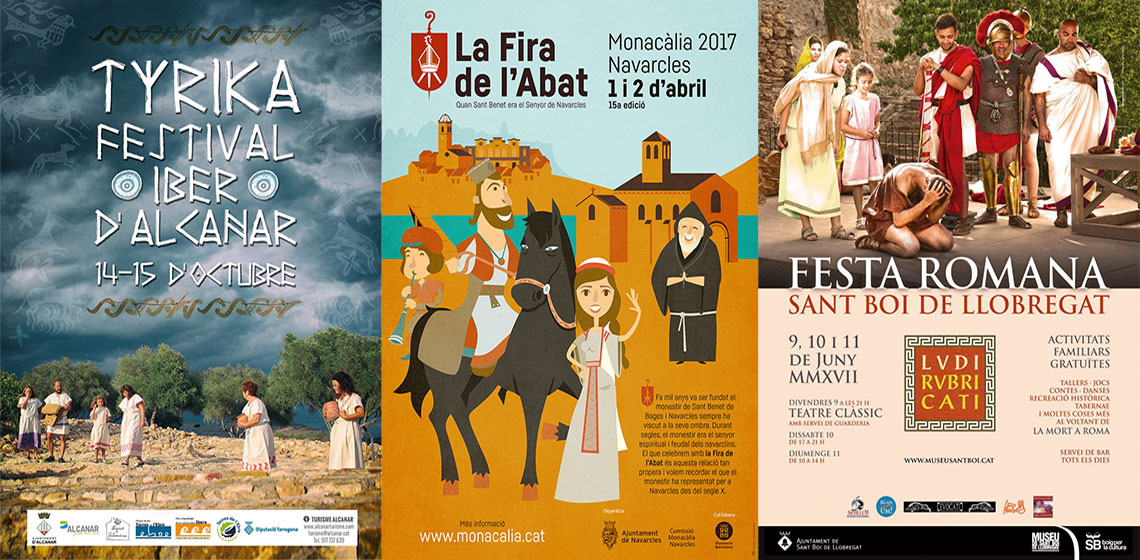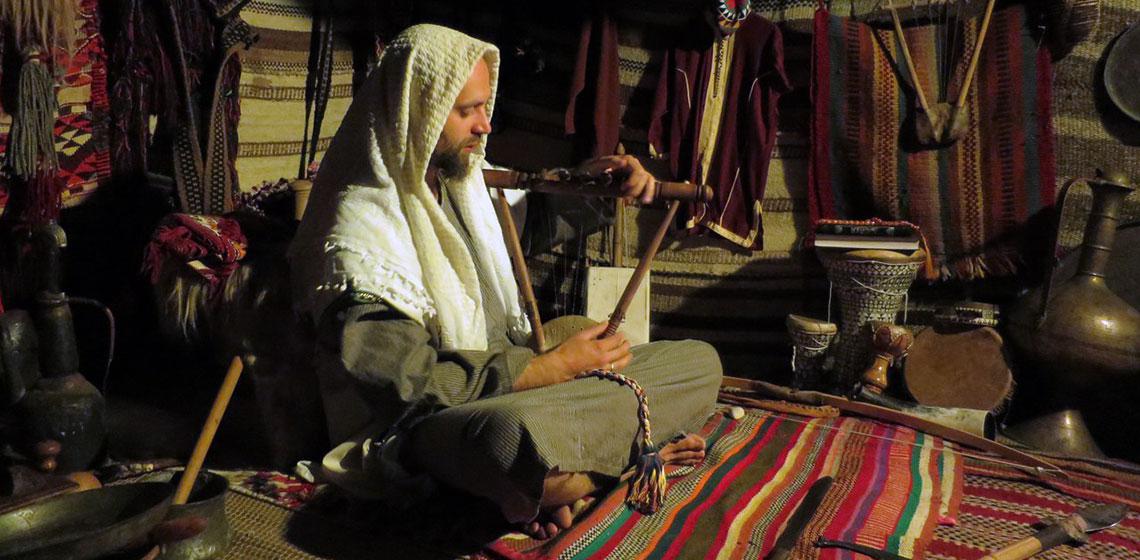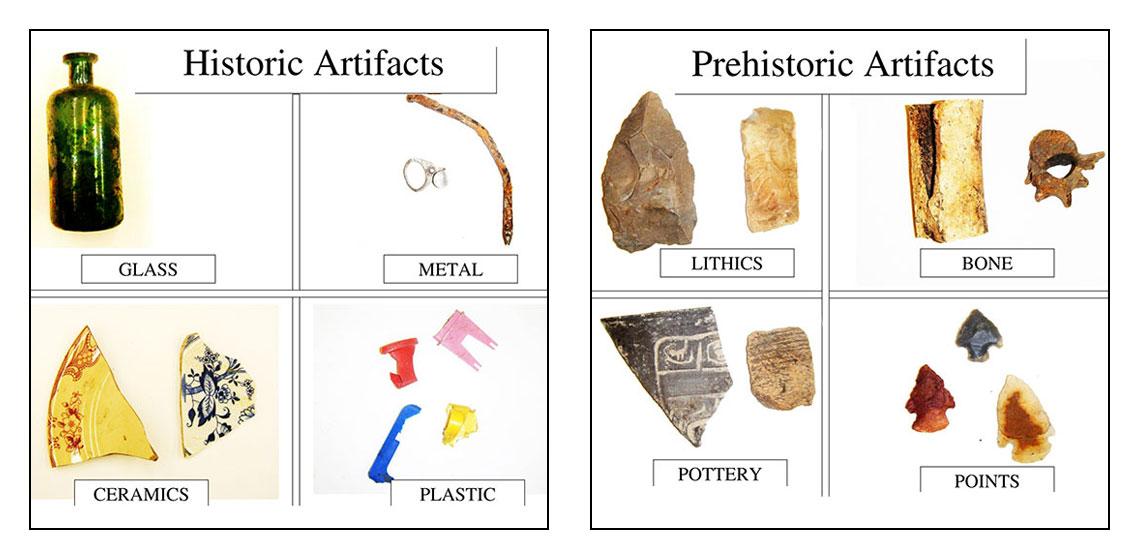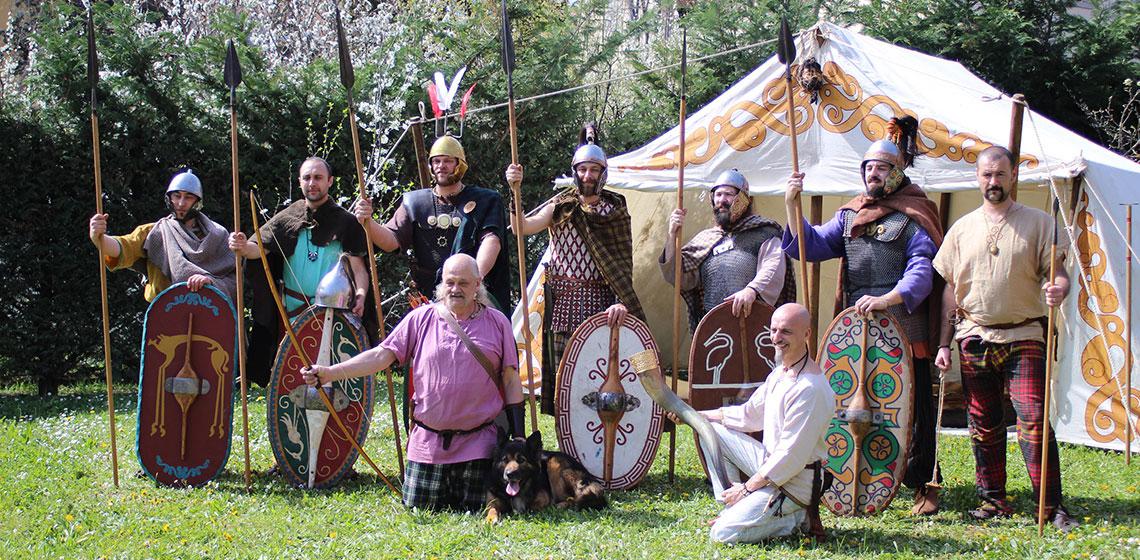Mos Maiorvm (IT)
MOS MAIORVM is a cultural non-profit association of persons, based in Rome Italy, whose interest it is to study history, perform historical reconstructions and do re-enactment of the Roman period from the IV to the I century BC. We apply our studies to all the aspects of the Roman civilization – military, civil and religious - but also with a keen interest in other Italic archaic peoples.

